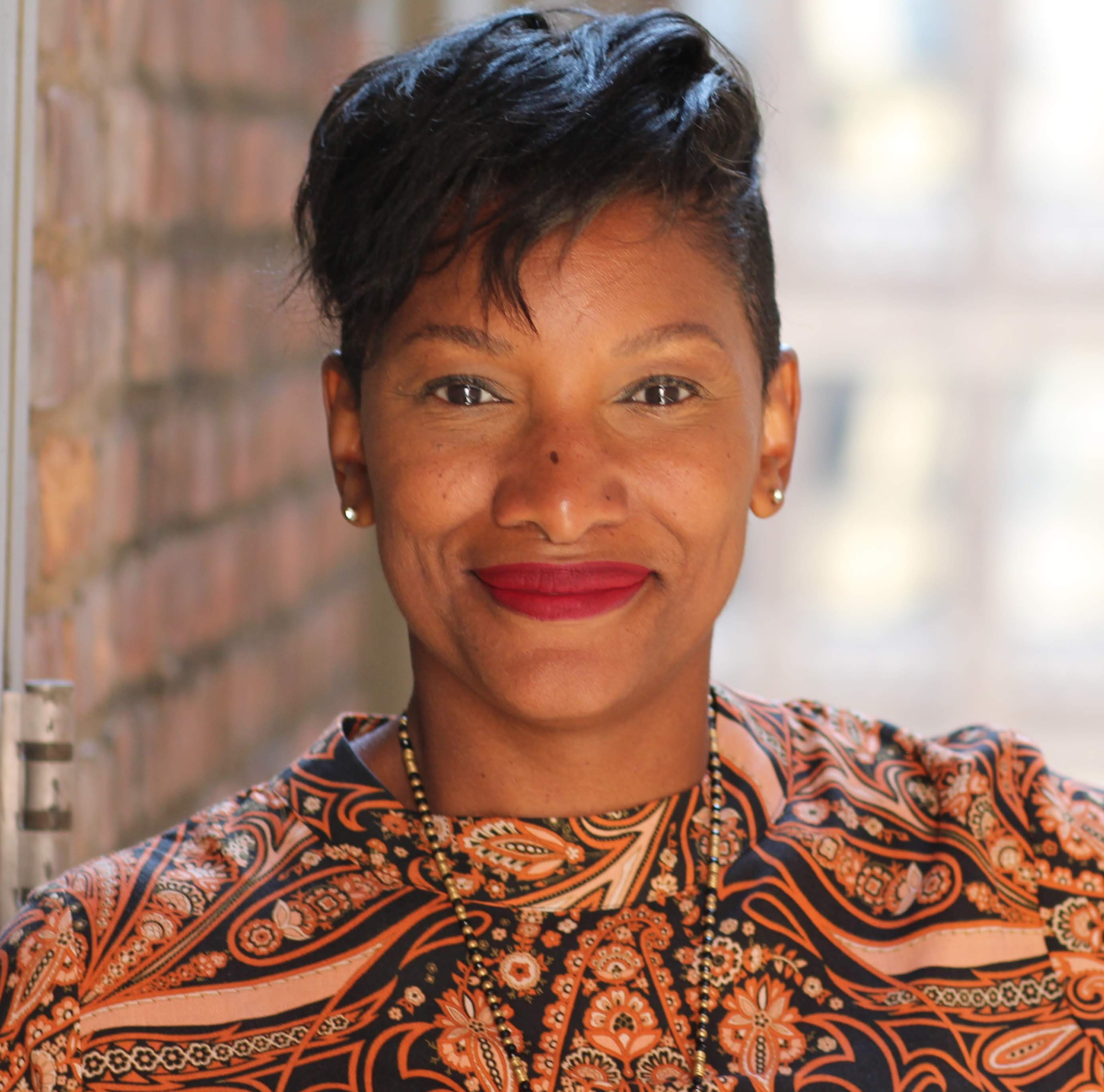We are sensitive beings.
We don’t always want to admit it, but in general humans are quite sensitive and care very much about what others think of us. This fear of judgement is so strong that it sometimes causes us to conceal parts of who we really are. It makes sense-- humans are neurologically wired to care about what others think about us. It’s part of the evolutionary process that helps keep us safe. 200,000 years ago, part of maintaining societal tribes was getting along with each other. If we could work and live together harmoniously, we were accepted, well liked, and kept safe by the tribe. On the other hand, if we exhibited behavior that was unbecoming, we were subject to ejection from the tribe. Alone and outside the tribe, we were subject to attack from animals or rival tribes. So, we needed to remain in good standing with our tribe because this meant safety.
In the dictionary, the word vulnerable is defined as being susceptible to physical or emotional attack or harm. If our foibles are pointed out and exploited, we are at jeopardy of being ousted from the tribe. If our mistakes, misjudgments, inconsistencies, differences or accidents are put on display, we are at risk of losing our standing in the community and possibly in danger of being ousted from the tribe-- which, 200,000 years ago could have meant death. Our brains have not caught up to evolution; therefore, our neurological responses are still based on those basic survival instincts from long ago.
But, whereas hiding a vulnerability back then was an asset, now it can actually be a deficit. Now vulnerabilities help us connect with others. Vulnerability helps us build bridges and forge lasting relationships. We build trust by showing our true selves to people, and with vulnerability we open ourselves to love and belonging. Now we need vulnerability to live happily.
And even though we know there is freedom that comes with having honest moments with others, our brains are still steadily telling us to conceal our truest selves, for fear of being judged or "ousted" from the tribe.
The beautiful irony is that we perceive our own vulnerability as a negative, where others see it as a positive. In Brene Brown’s book Daring Greatly: How the Courage to Be Vulnerable Transforms the Way We Live, Love, Parent and Lead she states that “we love seeing raw truth and openness in other people, but we are afraid to let them see it in us.”
How can something look so beautiful on others and so devastating on us?
Recently, I led a Zoom meeting with colleagues. I was right in the middle of my presentation when the power went out in my apartment. I panicked and broke into a cold sweat. I immediately called someone who was on the Zoom call to say that everything was fine and that I had it under control... though I most certainly did not. After a few panicked minutes, the power came back, and I tried to roll with the presentation like nothing ever happened. But I could tell that the energy had changed, and the group was weirdly cold. After reading the room, I decided to say, “Ok, that was crazy and I’m a little shaken.” They immediately supported me and urged me to take a moment.
I didn’t want to show that I was scared from the power outage, because I was leading this group. But, when I tried to move on like nothing happened, I lost my connection to them. Through showing my vulnerability I allowed them to connect with me again because I stopped shutting them out from sharing a clearly devastating moment with me.
There is so much that we have to gain through showing our true selves and so much to lose when we conceal our true selves. Having the courage to be vulnerable can feel like a Herculean task but through practice, acceptance, and going outside of our comfort zone a little, we can find that sweet spot that opens a treasure trove of connection, love and belonging.
Starting small on the vulnerability train can help you get there. So start by practicing with friends on the "small" stuff. Then you can work up to the tougher stuff... like falling in love and forgiveness.
A great place to start is by asking yourself, “Where can I be vulnerable today?”




Comments [1]
Click here to read/write comments